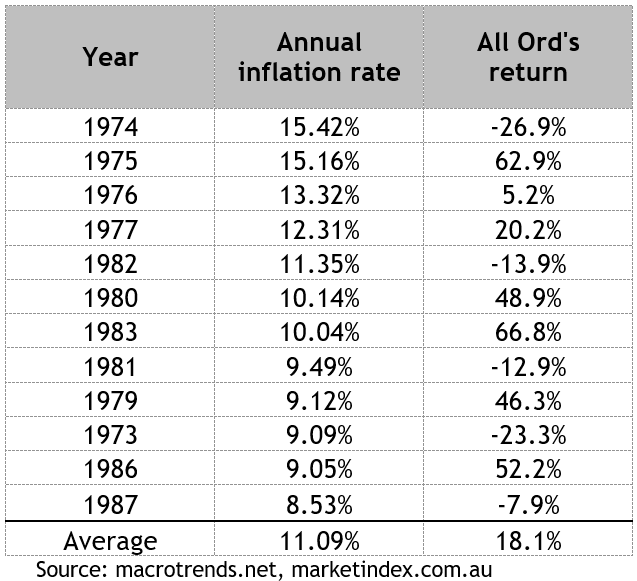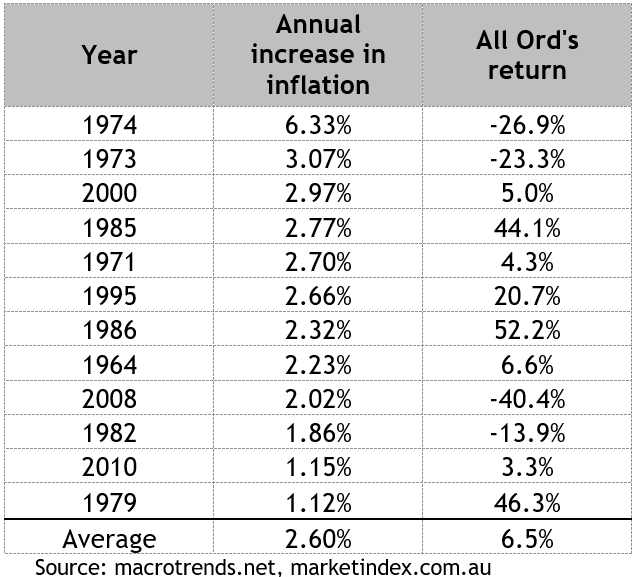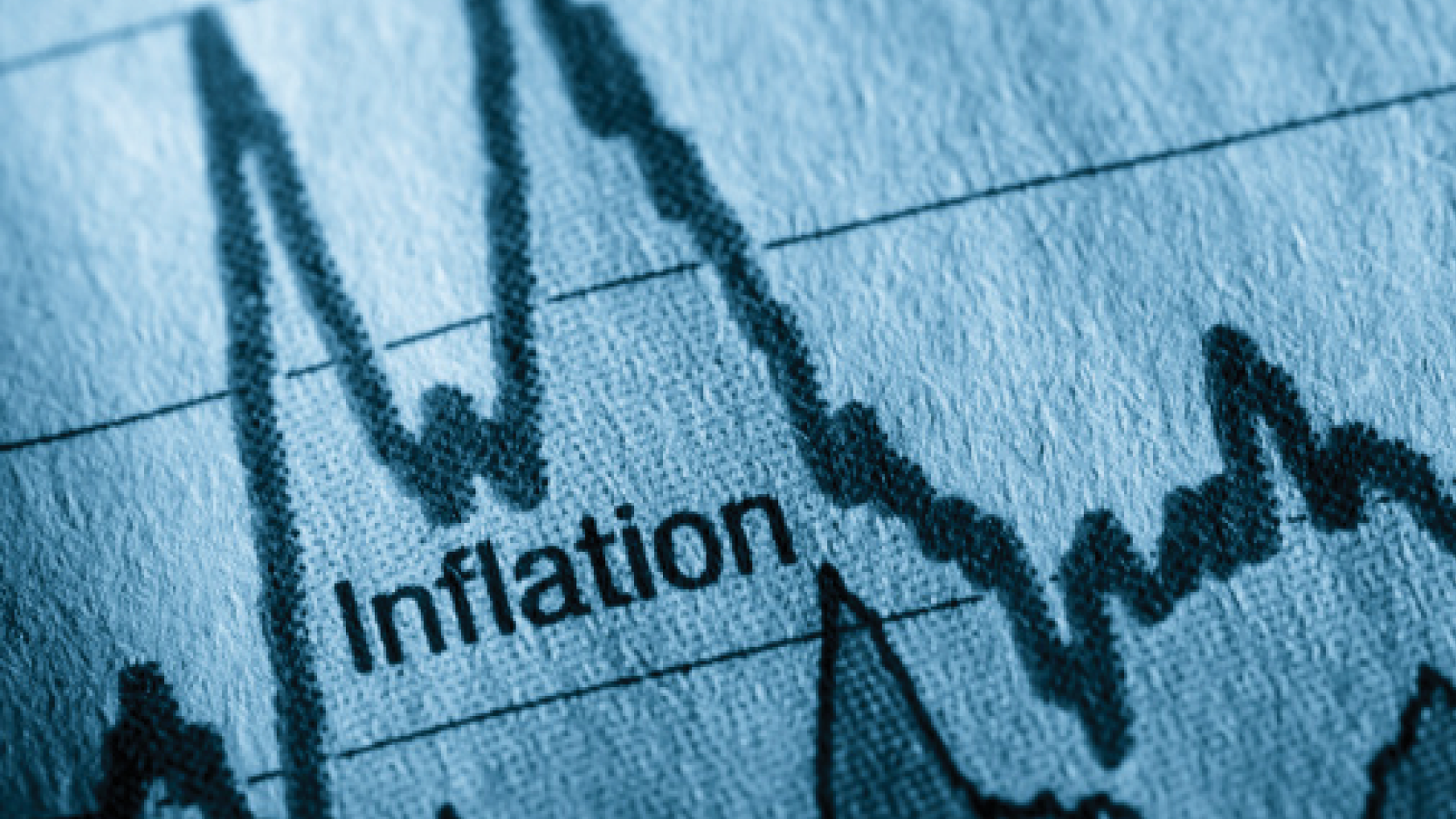Inflation is once again in the headlines, after Australia’s September quarter CPI data showed prices increased by more than three per cent over the year. The Reserve Bank looks through the more volatile prices, like food and energy, but even its preferred ‘core measure’ came within its two to three per cent target range for inflation for the first time in six years.
Underlying the spike in inflation are higher energy prices, especially across the northern hemisphere, colliding with ongoing supply chain pressures, which were frequently referred to in recent results by both US and Australian companies, due largely to a global spike in demand for goods underwritten by the enormous levels of government stimulus pumped into the economy to offset COVID pressures.
Inflation is like kryptonite for bond markets, and its re-emergence has really spooked them. The Australian 10-year bond yield just about doubled in the two months to the end of October, to a yield of 2.08 per cent, while the US yield tripled to 1.56 per cent (remember, if a bond’s yield is going up, that means its price is going down). Bond markets are seen as betting the Reserve Bank, along with other central banks, will be forced to raise interest rates much earlier than they have been guiding since last year.
The sharp negative response in bond markets has not really been reflected in equity markets. Over the same period, the ASX200 fell four per cent from its recent all-time high (which included going ex a record amount of dividends), while the US’s S&P 500 rose three per cent to reach a new all-time high.
There has been a lot of commentary and speculation that equities markets are being too complacent in the face of a potential change in the inflationary picture and the risk of rising interest rates. Before rushing to make any decision on that either way, it pays to look at how shares have performed in past periods of high or rising inflation. The results may surprise you.
Table 1 shows that in the 12 years that reported the highest annual rates of inflation since 1960, which were all clustered around the 1970s to 1980s, there were five years where the All Ordinaries index fell, with the worst being a drop of 27 per cent, while the strongest year saw a mighty increase of 67 per cent. Overall, the average rate of inflation was a touch over 11 per cent, while the average share market return was more than 18 per cent. It’s fair to conclude there is no discernible relationship between the two.

When looking at the 12 years that reported the highest annual increase in inflation, they were more scattered across the six decades. Of the four years where the All ordinaries fell, the worst was 2008, with a drop of more than 40 per cent, while the best year was 1986, which saw a rise of more than 52 per cent. The average increase in inflation was 2.6 per cent, while the average increase in the share market was 6.5 per cent. Again, there is no discernible relationship between the two.

Importantly, smart investors should be aware that when the inflationary environment changes, the companies that drive share market returns may also change. In a low inflation environment, companies that can generate growth independently of macro considerations, known as ‘growth’ companies, will do well. This is exactly what we’ve had over the past five to ten years. Conversely, when inflation strikes, it’s those companies that have pricing power and can pass on higher costs, which are usually ‘value’ companies, whose earnings will be least affected.





